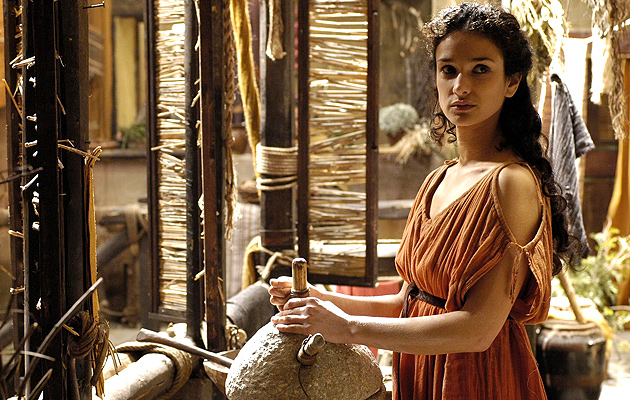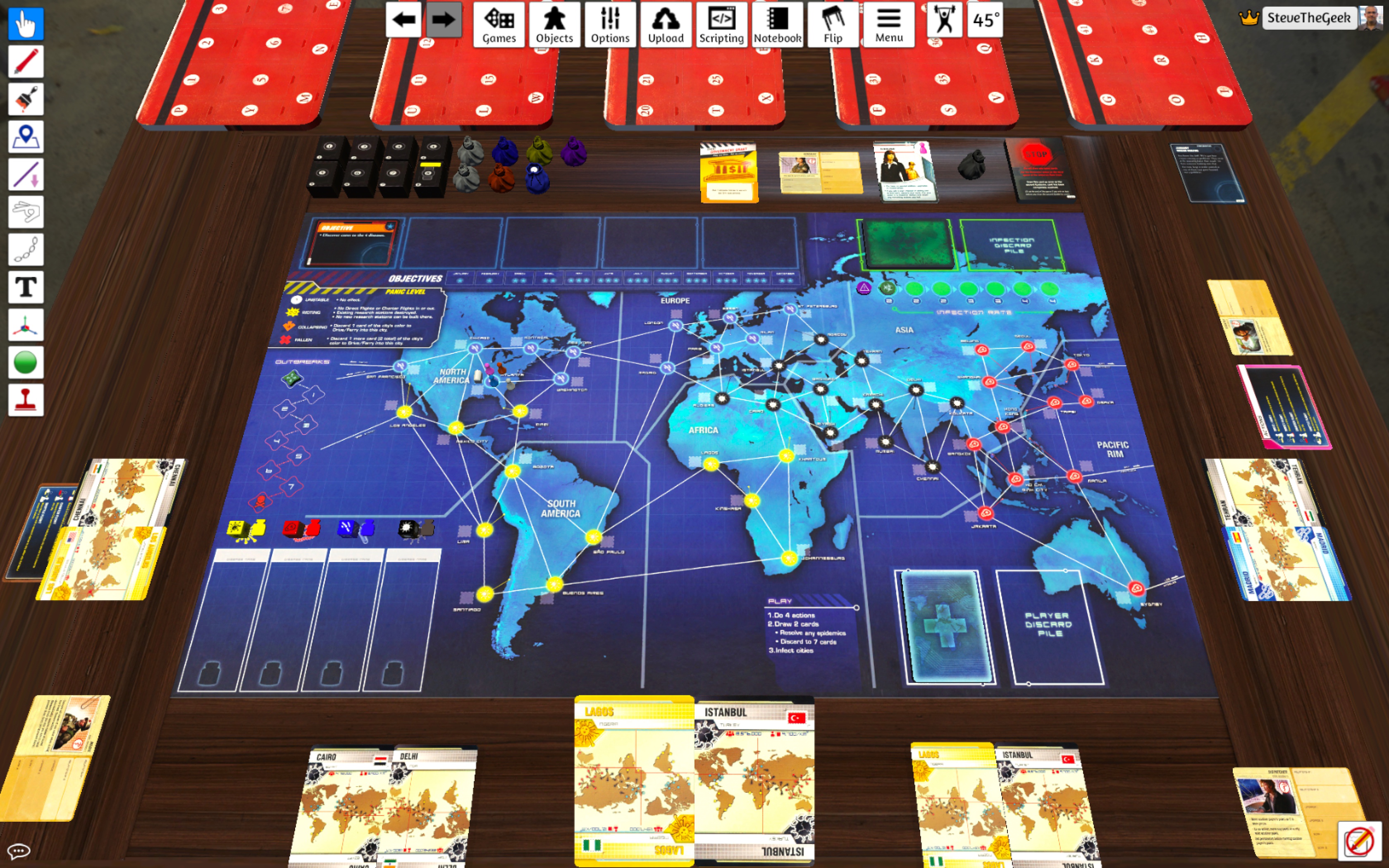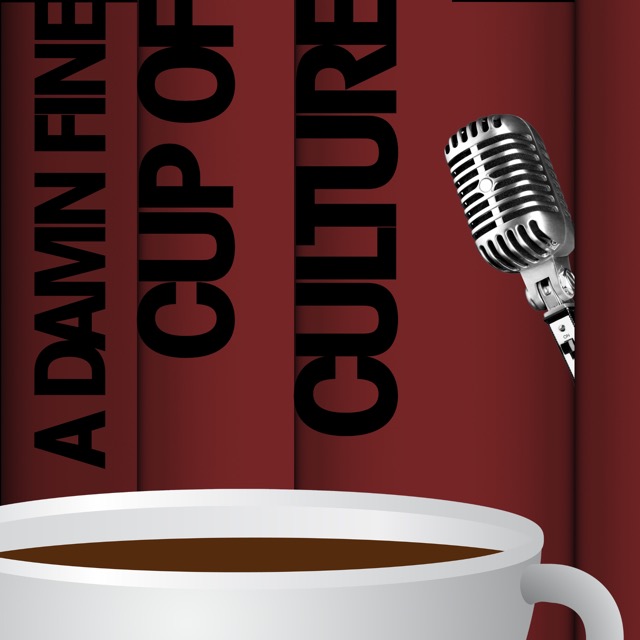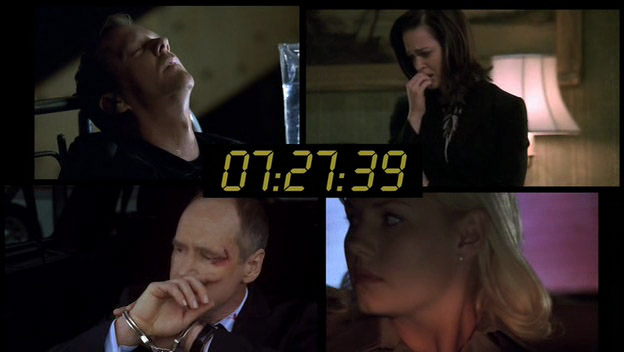I understand that the following might get me defenestrated, decapitated, poisoned, disembowelled and/or otherwise treated harshly – but I think that Game of Thrones is overrated. Don’t get me wrong: it’s a great series with a cast that well night perfect, characters that are engaging, production values that are amazing, complex storylines that are riveting and setpieces that are stunning. It’s head (not Ned’s, obviously) and shoulders above a lot of TV. Nevertheless, on a list of favourite series it wouldn’t make it into my Top 5: I’d take The Sopranos, Deadwood, Six Feet Under, Breaking Bad and The Wire over it any day, to name just a few.
Thing is, for all its strengths the series is pretty much entirely about itself. It has little to say about our world. I’m not denying the series all relevance, but for all the cruelty and political intrigue of the world it depicts it is still escapism. Does it need to be anything more? Most emphatically not – but it makes the superlative praise the series gets ring somewhat hollow.

My impression is that because the series is brutal, because it kills our darlings, people implicitly see it as something more than escapist entertainment. “This is what the world is really like – cruel, amoral and swift to kick you in the privates, steal your silver and stab you in the spleen!” Except I doubt that most of its fans live in a world in any real sense that is like Westeros. Does Game of Thrones have anything much to say about power, responsibility, pragmatism and honour in a world of shifting alliances and uncertain motives? It probably does, although not all that much beyond what makes an intriguing story. Then again, it doesn’t need to – but its fans sometimes behave as if the series is completely new and does things that haven’t been tried before.
What puzzles me most is how Game of Thrones is almost universally hailed, yet HBO’s earlier series Rome barely made it to the end of season 2. In so many ways, Rome is an amazingly close precursor to the sprawling Westerosiad. Sex and violence? Check. Political intrigue? Check. Exotic locales? Check. Moral ambiguity? Check. Ciarán Hinds, Indira Varma, Tobias Menzies? Check, check and check again. (We’re still waiting for Ray Stevenson to make it to Westeros and for Kevin McKidd to be saved from his Seattle day job by a crazed, bomb-wielding, suicidal plane crash-cum-zombie apocalypse.) In terms of format, tone, characters, visual identity and, obviously, Nipple Count (and no, that’s not a character on the X-rated Sesame Street spin-off), the two series are very similar. Certainly, there are no ice zombies and dragons in Rome, but is that what makes Game of Thrones a success whereas the earlier series floundered? When people praise the series’ complexity, its characters and the world it evokes, are they actually saying that dragons, ice wights and boobs are cool? Or was the world not yet ready for a series of this kind when Rome was first aired?

There’s something about about the way the internet has embraced Game of Thrones that recalls self-perpetuating feedback loops. People don’t just get excited about the latest episode, they get excited about the latest round of YouTube videos depicting fan reactions. Watch total strangers scream at their TVs as Prince Fringfrang of House Shmoodle gets his arms torn clean off! Controversial scenes? Check out the clickbait: Why women like The Walking Dead better than Game of Thrones! (Not a joke, that one…). There’s something performative to the fan hype, as if people think they’ll become more interesting if they’ve got a video of themselves shrieking at Ned Stark’s decapitation or if they’ve got a blog post about what people on the internet say about-
Okay, gotcha. I’m feeding on, and into, the hype machine as much as everyone else. And who am I to tell the internet that it’s overrating its latest darling, especially if I then go and wax gastronomical about Hannibal after posting my own clickbait? So, to close this meandering post: if any fans of Game of Thrones are still reading this, I’m not telling you to stop enjoying the show or talk about it. But if you get bored waiting nine months for season 5, do check out Rome, especially season 1. You might enjoy it. And you won’t have to worry about book readers spoiling next episode… just pesky historians. Just don’t enter “does caesar” into the Google search window, lest the auto-complete function ruins it for you.



 In this month’s podcast, we look back at TV series before the so-called Golden Age of Television and what has happened since – what we’ve gained and what we’ve lost in times of HBO, prestige television and binge watching. Are series the novels of the 21st century or is it all sexposition, soap operatics and narratives dragged out way past their sell-by date? Featuring our theme tune, “Mystery Street Jazz” by Håkan Eriksson (make sure to listen to the very end of the podcast)… and a very special appearance by Trillian the Cat!
In this month’s podcast, we look back at TV series before the so-called Golden Age of Television and what has happened since – what we’ve gained and what we’ve lost in times of HBO, prestige television and binge watching. Are series the novels of the 21st century or is it all sexposition, soap operatics and narratives dragged out way past their sell-by date? Featuring our theme tune, “Mystery Street Jazz” by Håkan Eriksson (make sure to listen to the very end of the podcast)… and a very special appearance by Trillian the Cat!



